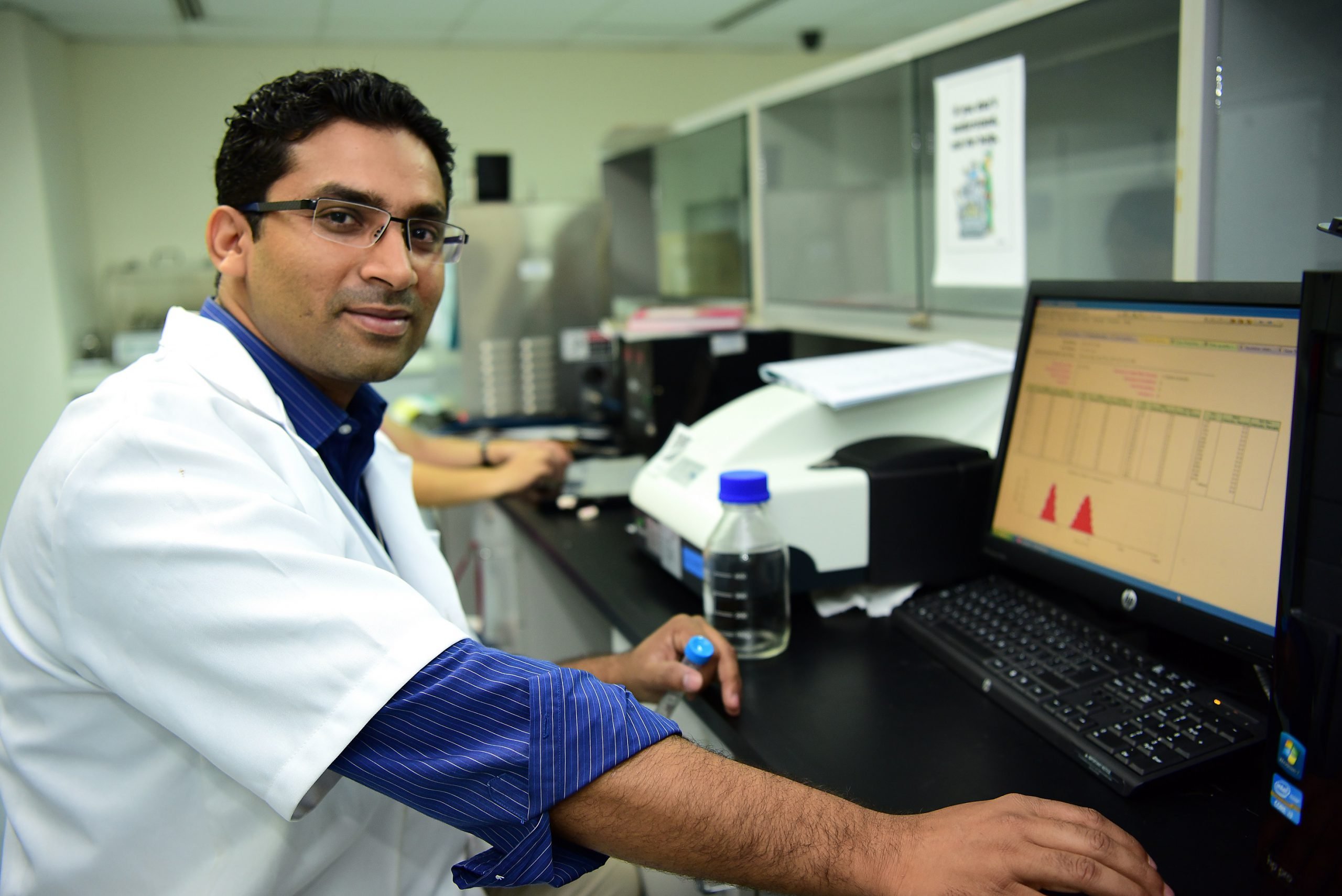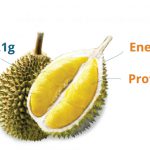Parkinson’s disease (PD) is a brain disorder that causes trembling of hands and slowness of movement. It is most common after the age of 60. It is estimated that about 15,000 to 20,000 individuals suffer from PD in Malaysia. The Pharmaceutical Technology Department in School of Pharmacy, IMU has been actively carrying out research and development of novel pharmaceutical formulations to improve therapeutic efficacy of medicines used in the treatment of PD.  Dr Shadab Md, a lecturer of the Pharmaceutical Technology Department, recently secured a research fund of RM 185, 000 from Ministry of Science, Technology and Innovation (MOSTI) for his project entitled “Nanoformulation of rotigotine intended for direct nose to brain targeting in Parkinson’s Disease” Rotigotine, a dopamine agonist, is a relatively new drug indicated for the treatment of PD. However, its clinical usage has been hindered due to low oral bioavailability (ability of drug reaching blood circulation), extensive first-pass effect (initial metabolism of drug before reaching blood circulation) and nonspecific targeting. One of the ways to overcome these hindrances is to develop novel formulations. Few other researchers have investigated the therapeutic efficacy of sustained release and transdermal formulations of rotigotine. These formulations could not completely address the above said hindrances. For example, transdermal patches were withdrawn from the US market in April 2008.
Dr Shadab Md, a lecturer of the Pharmaceutical Technology Department, recently secured a research fund of RM 185, 000 from Ministry of Science, Technology and Innovation (MOSTI) for his project entitled “Nanoformulation of rotigotine intended for direct nose to brain targeting in Parkinson’s Disease” Rotigotine, a dopamine agonist, is a relatively new drug indicated for the treatment of PD. However, its clinical usage has been hindered due to low oral bioavailability (ability of drug reaching blood circulation), extensive first-pass effect (initial metabolism of drug before reaching blood circulation) and nonspecific targeting. One of the ways to overcome these hindrances is to develop novel formulations. Few other researchers have investigated the therapeutic efficacy of sustained release and transdermal formulations of rotigotine. These formulations could not completely address the above said hindrances. For example, transdermal patches were withdrawn from the US market in April 2008.
Dr Shadab has experience in developing intranasal (IN) delivery (delivery of drugs through the nose) formulations as evidenced by good number of publications in indexed journals. IN delivery formulations would deliver the medicines directly to the brain, resulting in improved therapeutic efficacy. In this project, Dr. Shadab is aiming to develop IN delivery formulations for rotigotine, which could be an additional effective therapeutic option for the treatment of PD.









